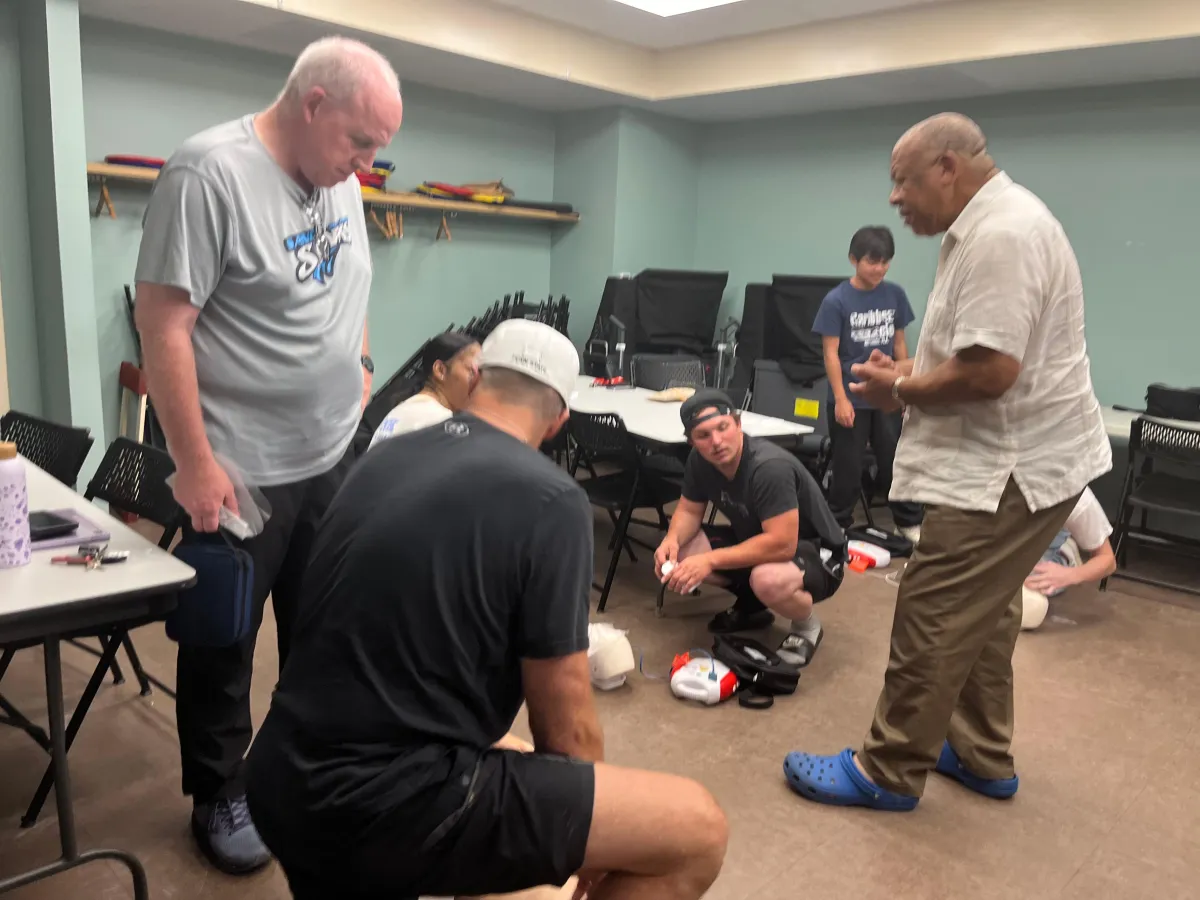
Beyond the Job Description: Why Service Orientation is Your Most Powerful Professional Asset
We often think of professional skills in terms of hard, measurable competencies: coding proficiency, financial modeling, data analysis. But what if one of the most critical skills for lasting success isn't about what you know, but about how you care?
This isn't about soft skills; it's about a foundational mindset called Service Orientation. It’s the engine that drives innovation, builds trust, and creates truly resilient careers and companies. At its heart, it’s a two-part commitment:
The Human Element: A genuine desire to help others, sensitivity to their needs, and a proactive drive to alleviate distress.
The Circle of Responsibility: The recognition that our actions have ripple effects, and a commitment to acting responsibly—from our immediate team to the global community.
Let's break down why this is so powerful.
Part 1: The Micro-Level - Service in Your Immediate Circle
Service orientation starts with the people right next to you: your colleagues, your clients, your direct reports.
What it looks like in action:
Anticipating Needs: Instead of waiting to be asked, you’re the person who notices a teammate is overwhelmed and offers to take a task off their plate. You hear a client's unspoken frustration and proactively propose a solution.
Active Listening & Empathy: In meetings, you're fully present. You seek to understand the feelings behind the words. This sensitivity allows you to address concerns before they become crises and to build deep, authentic relationships.
Alleviating Distress: When a project hits a snag, the service-oriented individual doesn't point fingers. They roll up their sleeves and ask, "How can I help?" They see a problem not as a burden, but as a collective challenge to be solved.
This isn't just about being "nice." It’s about being effective. Teams built on this foundation have higher psychological safety, which leads to more honest communication, greater innovation, and better problem-solving. It’s the glue that turns a group of individuals into a high-performing team.
Part 2: The Macro-Level - Your Responsibility to Society
A truly service-oriented mindset doesn't stop at the office door. It recognizes that every organization is part of a larger ecosystem—local, national, and global.
What it looks like in action:
Locally: Your company volunteers at a food bank, sponsors a local youth sports team, or prioritizes sourcing from local businesses. It’s about being a good neighbor and investing in the community that supports you.
Nationally: Your organization takes a stand on ethical issues, advocates for sustainable practices within your industry, or creates policies that support equitable hiring and advancement.
Globally: You consider the environmental impact of your supply chain, ensure your products are accessible and beneficial to diverse populations, and foster a culture that values global citizenship.
This broader perspective is no longer a "nice-to-have." Consumers and top talent are increasingly drawn to organizations with a conscience. It’s about understanding that long-term profitability is intrinsically linked to the health of the society you operate within.
Cultivating a Service Orientation: It's a Practice, Not a Title
You don't need to be in a "service" role to embody this mindset. Here’s how to cultivate it:
Shift from "I" to "We": In your next conversation, focus entirely on understanding the other person's perspective. What is their goal? What is their challenge?
Ask Better Questions: Move beyond "Is everything okay?" to more probing, empathetic questions like, "What part of this project is causing the most stress?" or "How can I best support you right now?"
Think in Systems: Before making a decision, consider its impact. How will this affect my teammate? My department? Our community partners? The environment?
Start Small, But Start: Offer to mentor a junior colleague. Organize a team volunteer day. Suggest a sustainability initiative. Small acts build the muscle of service.
The Bottom Line
Service orientation is the ultimate differentiator. In a world saturated with technical skills, the ability to connect, empathize, and act for the greater good is rare and invaluable. It’s what builds unshakeable loyalty, fosters inclusive cultures, and drives meaningful progress.
So, the next time you think about your professional development, ask yourself not just what new skill you can learn, but how you can better serve the people and the world around you. The impact will be profound.
What does service orientation mean to you? Share your thoughts in the comments below.
